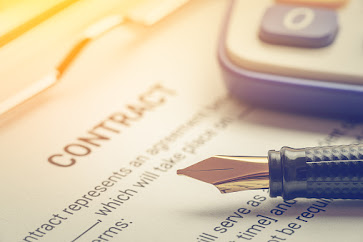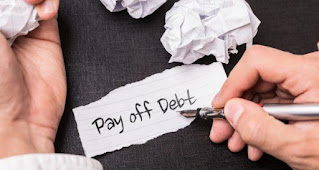Insolvency for any company is a stressful period. When a private limited company enters into an insolvency situation, the directors are not only responsible to the creditors of the company. They are also responsible to the shareholders. When there are no funds to pay the preferred shareholders when their shares are redeemed, they become creditors of the company.
What are preference shares?
There are two different types of limited company shareholders – preference shareholders and ordinary shareholders. Ordinary shareholders who have invested in a limited company are issued with what are called ‘common stock’ shares. However, those that are issued with preference shares get what is called ‘preferred stock’. In general, it is only larger limited companies that issue preference shares and usually to outside investors.
Whilst both types of shareholders own a portion of the company and receive a dividend, the shareholders’ rights and privileges are different. Surprisingly, preference shareholders are not allowed to vote at shareholder meetings. This means that when it comes to key decisions, such as entering into insolvency procedure, they have no say in what happens but they do become creditors of the company.
Differences between preference shareholders and ordinary shareholders
Investing in a company as a preferred shareholder is less risky than being an ordinary shareholder as the dividend is fixed and is not linked to the company’s performance. So, if the company is experiencing a downturn in business, the preferred shareholders will still receive their dividend. That said, should the company become successful, their dividend will not increase.
Although preference shareholders receive a fixed dividend, there is no guarantee they will actually receive it regularly. If the company is having financial difficulties, other shareholders may vote against dividends being paid out. However, in all cases of dividends being paid, preferred shareholders must be paid before ordinary shareholders. This is the same if a company is insolvent and enters liquidation.
With preference shares, a company may issue redeemable shares. These types of shares enable shareholders to return their shares to the company, i.e. redeem their initial investment. This is a favoured option if a company plans to buy back the shares at some point in the future.
In normal circumstances, shareholders are not able to demand a return on their investment unless their company enters liquidation, in which case they become creditors of the company. The same applies to the company; they are not entitled to force shareholders to sell their shares back to the company.









